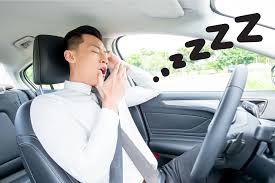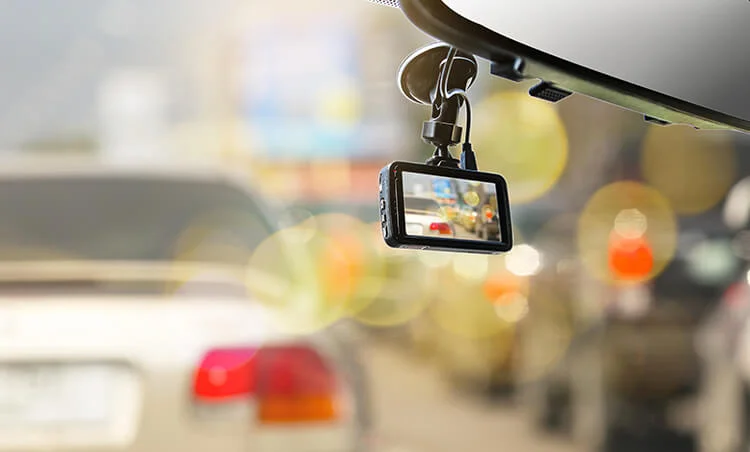Sleeping in Your Car in Colorado: Is It Legal? Here’s What You Need to Know. With its beautiful scenery and ample outdoor spaces, Colorado attracts countless adventurers and road-trippers every year. However, budget constraints or pure spontaneity can sometimes lead to the need to sleep in your car during your trip. So, is this legal, and what are the specific rules to keep in mind?
While Colorado doesn’t have a statewide law explicitly banning sleeping in your car, the legality depends heavily on factors like location, local ordinances, and your behavior. Understanding these nuances is crucial to avoid run-ins with the law and ensure your safety.
Understanding the Absence of a Statewide Law
Unlike some states, Colorado does not have a law that prohibits sleeping in your vehicle everywhere. It is not illegal at the state level. However, cities and counties within Colorado can enact their own ordinances regarding such activities.
Local Ordinances Hold the Key
Municipal Ordinances and Restrictions
The most important determinant of whether it is legal to sleep in your car is the location. Cities and towns have different ordinances governing overnight parking, camping, and loitering. Some cities and towns do not allow sleeping in a car at all, and others may restrict where and for how long you are allowed to do so.
Locating City-Specific Info
Here’s how to find local information:
- City websites: Most cities have official websites. Try searching for phrases such as “parking regulations,” “overnight parking,” or “camping ordinances.”
- Police departments: Calling non-emergency police numbers for the city or town you are in may be enlightening.
- Visitor centers: These centers can be a good source of local ordinances and regulations.
Parking Considerations: Public vs. Private Property
Where you park greatly affects the legal implications and your chances of getting into trouble.
Public Property Regulations
Generally, public spaces such as streets, parks, and rest areas have more restrictions than private property. Some of the most common restrictions on public property include:
- Time limits for parking: Many places have limits on how long a car can stay parked without being moved.
- No overnight parking or camping: Some places outright prohibit sleeping in cars overnight. Watch for signs.
- Rest stops: Colorado rest stops frequently prohibit overnight parking or camping. Even though rest stops are supposed to be for a short period, you should be able to sleep a few hours there without getting in trouble.
Private Property
There are fewer regulations for private property, like:
- Businesses: There are plenty of businesses where overnight parking is permitted especially for businesses which cater to travelers like Walmart or truck stops. Be sure to obtain permission.
- Campgrounds: Many private and federal campgrounds throughout Colorado have designated parking spots to sleep in your car.
- Private land: If you know the landowner, asking permission from them means you are unlikely to run into trespassing issues.
Rest Areas and Overnight Parking
While Colorado rest areas aren’t meant for overnight stays, you might be able to sleep in your car for a few hours without drawing too much attention. Always pay attention to posted signage regarding rules and restrictions. Some rest areas have explicit bans on overnight camping or parking.
Illegal Situations for Car Sleeping
While the baseline act of sleeping in your car may not be a crime in Colorado, several circumstances could lead to legal trouble:
- Intoxication: You can be charged with a DUI (Driving Under the Influence) or DWAI (Driving While Ability Impaired) if you are discovered sleeping in your car, intoxicated, even though the engine is not running. This is because you might have “actual physical control” of the vehicle.
- Trespassing: If you park on private property without permission or stay on property after being asked to leave, you may be charged with trespassing.
- Loitering and Vagrancy Laws: Some cities have ordinances against loitering or vagrancy. Although these are often loosely defined, if you find yourself sleeping in a car repeatedly in an area or can’t explain why
you’re in a particular location, it may become a problem.
How to Stay Safe and Legal
If you have to sleep in your car in Colorado, here are some things to keep in mind:
- Be proactive: Research local regulations before you park. Know the city or county rules.
- Choose wisely: Look for designated overnight parking areas, campgrounds, or seek permission on private property with clear signage permitting your stay.
- Be inconspicuous: Avoid drawing unwanted attention to yourself. Be sure your car is tidy, and avoid behaviors that may suggest you are camping out of the vehicle.
- Keep it brief: It is much less likely that trouble will arise from short stops than from extended periods of stay.
- Be considerate: If approached by authorities, explain your situation calmly and cooperatively.
- Take nothing but memories: Practice good stewardship by packing out any trash or belongings as you leave.
Conclusion
Sleeping in your car in Colorado can be a real option for budget travelers or those caught in a tight spot. However, that requires understanding the nuances of local regulations, respecting posted rules, and choosing parking locations wisely. It’s a matter of prioritizing your safety, minimizing your impact, and avoiding unwanted legal attention.
With this knowledge in mind, you can successfully avoid potential legal issues and at the same time enjoy your freedom of movement that may be offered by traveling around Colorado by car.


 by
by 




